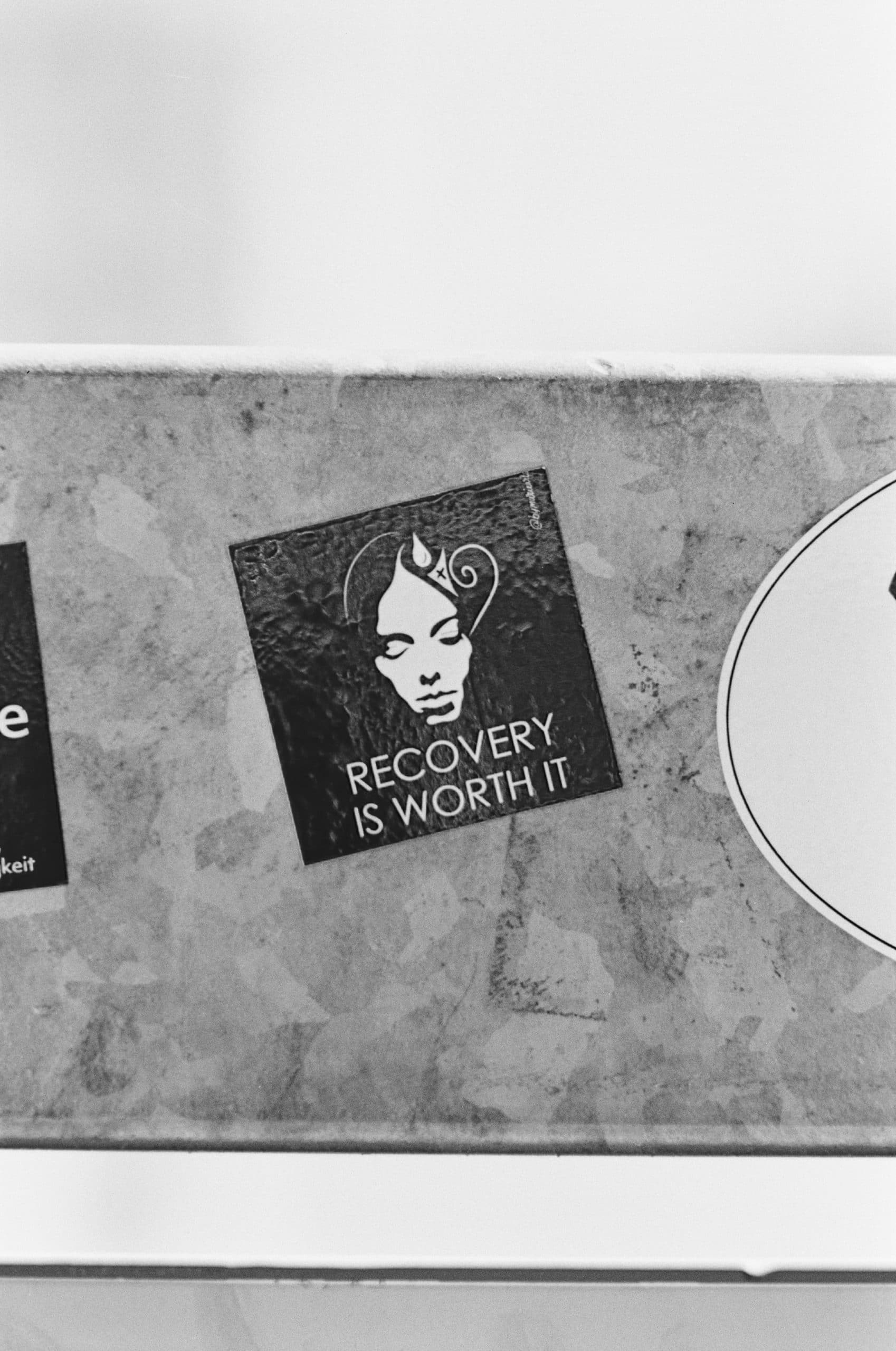What is on this page
Hypnotherapy and Addiction
Addiction is a deep-rooted issue affecting various aspects of an individual’s life, including relationships, health, finances, and overall well-being. While addiction can be treated in various ways, Hypnotherapy is a powerful tool to help individuals overcome their addiction and take control of their lives.
Addiction: When temporary relief leads to long-term pain
Addiction is not limited to substance abuse but can also include behaviours such as gambling, sex, shopping, and even work. The root of addiction is not in the substance or behaviour itself but in the underlying emotional pain, trauma, or disconnection that the individual is trying to cope with through the addiction.
Addiction is complex and needs a compassionate and holistic approach. By addressing the underlying emotional and psychological issues contributing to addiction, we can develop healthier coping mechanisms and move towards a more fulfilling and meaningful life.
Hypnotherapy Rewiring your Mind and Empowering Recovery
Hypnotherapy is a powerful therapy that harnesses the deep wisdom of our unconscious mind to help us make positive changes in our behaviour and thought patterns. By guiding us into a trance or altered consciousness, our mind becomes more open and receptive to suggestions for positive change. With the help of our therapist, we can access the deeper parts of our minds and work together to overcome negative thought patterns and behaviours. Through this process, we can unlock our full potential and move towards a more fulfilling and empowered life.
How Does Hypnotherapy Help Addiction?
Hypnotherapy works addressing the root causes of addiction. Our habits, behaviours, and addictions reside in the unconscious mind. Hypnotherapy helps access this part of the mind to make positive changes. The therapist can use visualization, positive affirmations, and suggestion techniques to help clients overcome their addictions.
One of the critical ways hypnotherapy works is by addressing the underlying emotional issues that lead to addiction. Many individuals use drugs or alcohol to cope with stress, anxiety, depression, or other emotional and mental health problems. Hypnotherapy helps address these emotional issues, allowing healthier ways to cope with stress and manage emotions.
In addition, Hypnotherapy helps change a person’s thought patterns and beliefs about their addiction. Studies show that people who struggle with addiction carry negative beliefs and thoughts about themselves, such as feelings of inadequacy, worthlessness, or helplessness. Hypnotherapy helps to address these negative thoughts and beliefs, promoting a more positive and empowered outlook on life.
Benefits of Hypnotherapy in Addiction Recovery
There are several benefits to using Hypnotherapy in addiction, including:
- Non-invasive: Hypnotherapy is a non-invasive treatment, making it a safe and effective option for individuals struggling with addiction.
- Effective: Studies have shown that Hypnotherapy effectively treats addiction, helping individuals overcome it and improve their overall quality of life.
- Holistic: Hypnotherapy takes a holistic approach to addiction treatment, addressing the physical symptoms of addiction and the underlying emotional and psychological issues.
- Long-lasting results: The changes made through Hypnotherapy are often long-lasting, helping individuals maintain sobriety and avoid relapse.
- Complementary to other treatments: Hypnotherapy can be used with other forms of addiction treatment, such as medication-assisted and behavioural therapy, to provide a comprehensive approach to addiction treatment.

Hypnotherapy for Substance and Behavioural Addictions
Hypnotherapy can be used to treat both substance and behavioural addictions, for example:
- alcohol
- drugs
- gambling
- smoking
- addictive behaviour
Hypnotherapy can help individuals manage their cravings, reduce stress and anxiety, and change negative thought patterns and behaviours contributing to addiction. Hypnotherapy can also help individuals build self-esteem, increase motivation, and develop coping mechanisms for triggers and urges.
Research has shown that Hypnotherapy can be an effective tool in addiction treatment, both as a standalone therapy and in combination with other treatments, such as cognitive-behavioural therapy (CBT) and medication-assisted treatment (MAT). Hypnotherapy improves treatment outcomes, increases treatment program retention, and reduces relapse risk.
Conclusion
In conclusion, Hypnotherapy is a powerful tool in the treatment of addiction. It helps to address the underlying emotional and psychological issues that contribute to addiction and promotes positive changes in thought patterns and behaviours. If you or a loved one is struggling with addiction, consider exploring Hypnotherapy as a potential treatment option. With the support of a qualified therapist, individuals can overcome their addiction and reclaim control of their lives.
It’s important to remember that Hypnotherapy is not a quick fix for addiction but rather a long-term process that requires commitment and dedication from the individual. The number of sessions required will vary from person to person. Still, typically it takes several sessions to see significant progress.
Overall, Hypnotherapy can be a valuable tool in the treatment of addiction. By addressing the underlying emotional and psychological issues, individuals can overcome their addiction and lead healthier, more fulfilling life.

